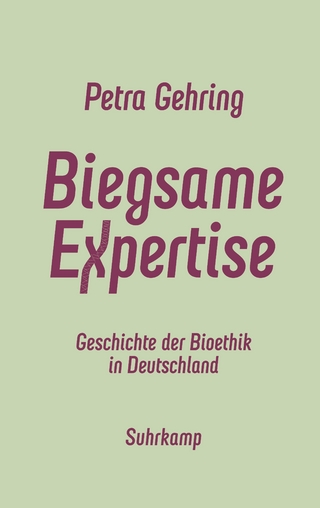
Dutch Newspapers on War Victims and Their LSD-treatment by Jan Bastiaans
From KZ-syndrome to PTSD
Seiten
2023
|
Unabridged edition
Cambridge Scholars Publishing (Verlag)
978-1-5275-0120-1 (ISBN)
Cambridge Scholars Publishing (Verlag)
978-1-5275-0120-1 (ISBN)
In the 1960s, it became clear that survivors of the concentration camps had developed psychological complaints. They were diagnosed with KZ-syndrome. Dutch psychiatrist Jan Bastiaans used LSD in his psychotherapeutic sessions with KZ-syndrome sufferers, who said they greatly benefitted from his treatment.
In the 1960s, it became clear that survivors of the concentration camps had developed psychological complaints. They were diagnosed with KZ-syndrome.Dutch psychiatrist Jan Bastiaans used LSD in his psychotherapeutic sessions with KZ-syndrome sufferers, who said they greatly benefitted from his treatment. This was, despite criticism from medical professionals, enough proof for journalists, regardless of their signature, to defend the drug’s usage. Without the newspapers, LSD probably would have disappeared quickly as a medical tool.Over time, paradoxically, the cause-related diagnosis KZ-syndrome came to encompass more than just Holocaust survivors: soldiers, hostages, survivors of the Japanese camps, and the children of Dutch national socialists were all eventually included within the concept. It resulted in an enormous rise in patient numbers, and a blurring and eventual disappearance of the concept.This book explores the contribution of Dutch newspapers to the historical-cultural phenomenon of this rising focus on victims and victimhood, without which the later acceptance of PTSD – a symptom-related diagnosis – could not be understood.
In the 1960s, it became clear that survivors of the concentration camps had developed psychological complaints. They were diagnosed with KZ-syndrome.Dutch psychiatrist Jan Bastiaans used LSD in his psychotherapeutic sessions with KZ-syndrome sufferers, who said they greatly benefitted from his treatment. This was, despite criticism from medical professionals, enough proof for journalists, regardless of their signature, to defend the drug’s usage. Without the newspapers, LSD probably would have disappeared quickly as a medical tool.Over time, paradoxically, the cause-related diagnosis KZ-syndrome came to encompass more than just Holocaust survivors: soldiers, hostages, survivors of the Japanese camps, and the children of Dutch national socialists were all eventually included within the concept. It resulted in an enormous rise in patient numbers, and a blurring and eventual disappearance of the concept.This book explores the contribution of Dutch newspapers to the historical-cultural phenomenon of this rising focus on victims and victimhood, without which the later acceptance of PTSD – a symptom-related diagnosis – could not be understood.
Dr Leo van Bergen is a Dutch medical historian mainly working on colonial medicine and war and medicine. Among his many works are Before My Helpless Sight (on medicine and the First World War), A Cap of Horror (poems by WWI nurses), On Humanitarianism and Colonialism (on the Red Cross in the Dutch Indies), and Uncertainty, Anxiety, Frugality (on leprosy in the Dutch Indies). He is also the author of The Introduction of Coronary Care Units (1960-1985): An Unparalleled Triumph, and the co-editor of the journal Medicine, Conflict and Survival.
| Erscheinungsdatum | 17.05.2023 |
|---|---|
| Verlagsort | Newcastle upon Tyne |
| Sprache | englisch |
| Maße | 148 x 212 mm |
| Themenwelt | Geisteswissenschaften ► Geschichte |
| Medizin / Pharmazie ► Medizinische Fachgebiete ► Psychiatrie / Psychotherapie | |
| Studium ► Querschnittsbereiche ► Geschichte / Ethik der Medizin | |
| ISBN-10 | 1-5275-0120-5 / 1527501205 |
| ISBN-13 | 978-1-5275-0120-1 / 9781527501201 |
| Zustand | Neuware |
| Informationen gemäß Produktsicherheitsverordnung (GPSR) | |
| Haben Sie eine Frage zum Produkt? |
Mehr entdecken
aus dem Bereich
aus dem Bereich
Die Geschichte eines Weltzentrums der Medizin von 1710 bis zur …
Buch | Softcover (2021)
Lehmanns Media (Verlag)
17,95 €
von der Antike bis zur Gegenwart
Buch | Softcover (2024)
C.H.Beck (Verlag)
12,00 €
Geschichte der Bioethik in Deutschland
Buch | Hardcover (2025)
Suhrkamp (Verlag)
78,00 €


